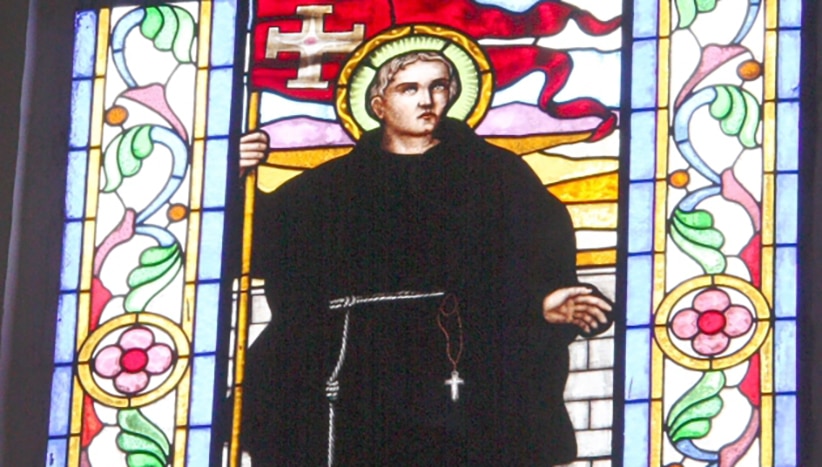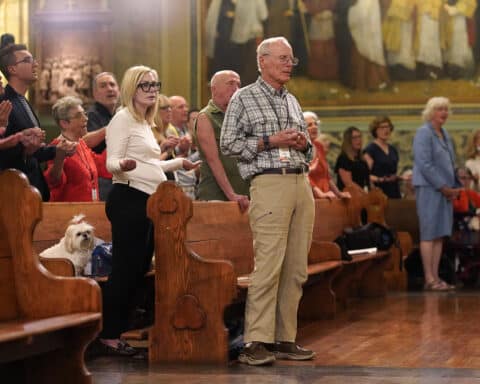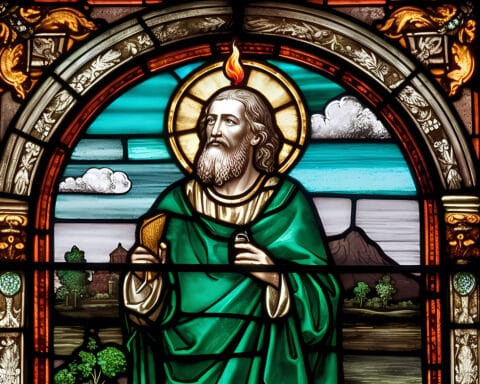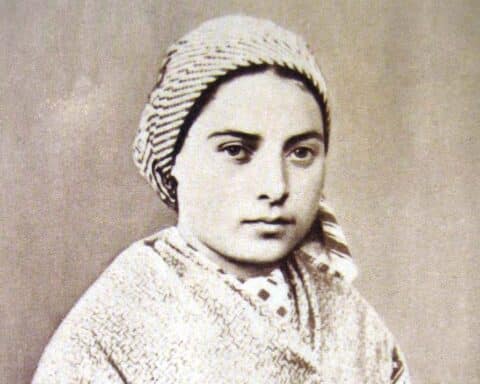
— Jerry Colley, Alpharetta, Georgia
Answer: It is puzzling and troubling by modern standards why he was canonized. He was indeed a fiery preacher. He battled heresies, preached a crusade against the invading Ottoman Empire and was often employed as a legate and ambassador in political troubles of his day. As such, he was highly influential and effective. His anti-Semitism remains a sad truth.
However, and perhaps even more sadly, anti-Semitism did not register highly on most people’s moral radar in the 17th century when he was canonized. Ethnic, racial and cultural rivalries were widespread among all parties then, and it did not seem a glaring reason to remove the possibility of canonization. While we have heightened moral sensitivity about this today, anti-Semitism remains far too common. Today the Church would not consider canonizing someone with such an anti-Semitic attitude. Recently, the Church halted the cause for canonization of G.K. Chesterton due to allegations that he was an anti-Semite. Some argue that these charges are unfair and untrue. But, for now, the process is halted until the record can be clarified.
This is about the best that I can do in answering your objection. Every age, including our own, has its moral lapses. I think and hope that one day the widespread approval for abortion leading to the deaths of hundreds of millions of children worldwide will be seen for the outrage it is, and receives the condemnation it deserves. Thankfully, now we no longer approve anti-Semitic attitudes and practices. May our moral growth in all areas continue as well.
Mass intentions
Question: I recently requested a Mass for the safety of health care workers related to the COVID-19 pandemic. I have a gut feeling my priest feels my Mass request has a political dimension, and one he doesn’t share. This causes me to wonder about the validity of a Mass intention when a priest doesn’t agree, or perhaps doesn’t know the deceased and merely reads a name at the given moment.
— Name, location withheld
Answer: It seems unlikely that any priest would consider a prayer for health care workers political. If a priest were requested to offer Mass for an intention he found problematic — for example, a Mass for Candidate “A” to win an election, or an intention that the right to choose abortion be protected — he is able to refuse to offer Mass for that intention and inform the petitioner why.
As far as validity, every Mass is valid when a validly ordained priest celebrates a proper Mass with the required words of consecration using valid matter (true bread and pure grape wine). As for the intention being valid, it is not necessary that he personally know the person for whom it is offered or that he be excited and in full agreement with the intention requested. It is enough that he intends to offer the Mass for the intentions of the donor. One can imagine a scenario where a priest might not be excited about an intention for the success of a car raffle for a parish group. Perhaps he is not a fan of fundraisers of games of chance. But there is nothing morally evil in such things, and thus he can offer the Mass for that intention. The point is that he is offering the Mass for the intention of the donor; his own intentions are beside the point.
We must avoid giving too much weight to the dispositions and moral condition of the priest who celebrates the Mass. An early heresy known as “donatism” held that a Mass celebrated by a priest in mortal sin was invalid. This was declared a heresy since it is fundamentally Christ who is the true celebrant of the Mass, though he works through the person of the priest. Further, one could never know for sure if a Mass were valid or not because it is not obvious if a priest is in a holy or sinful state.
Hence, avoid ascribing too much significance to a priest’s disposition or interest in an intention. It is enough that he intends to offer Mass validly and for the intention of the donor.
Msgr. Charles Pope is the pastor of Holy Comforter-St. Cyprian in Washington, D.C., and writes for the Archdiocese of Washington, D.C. at blog.adw.org. Send questions to msgrpope@osv.com.





